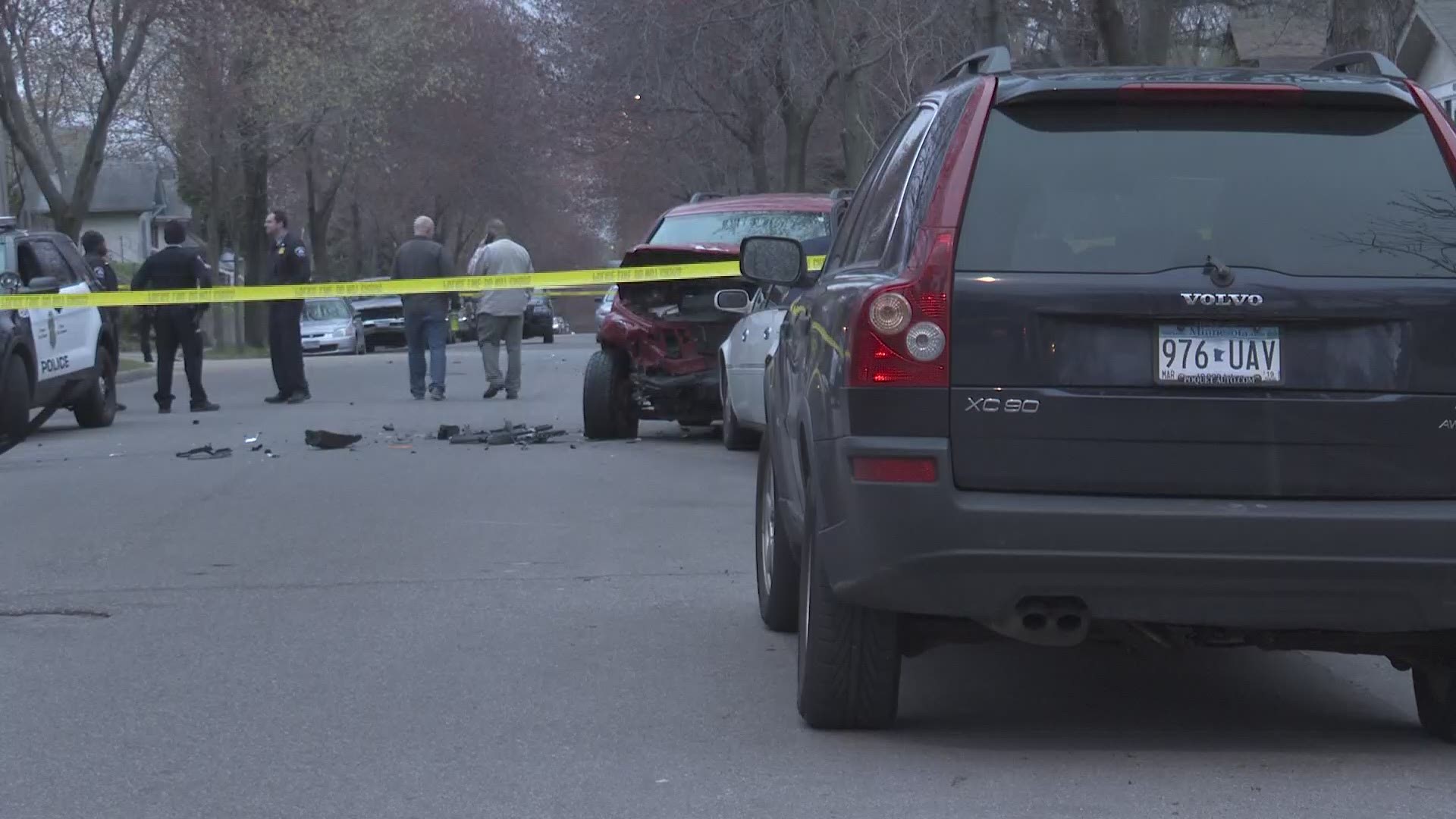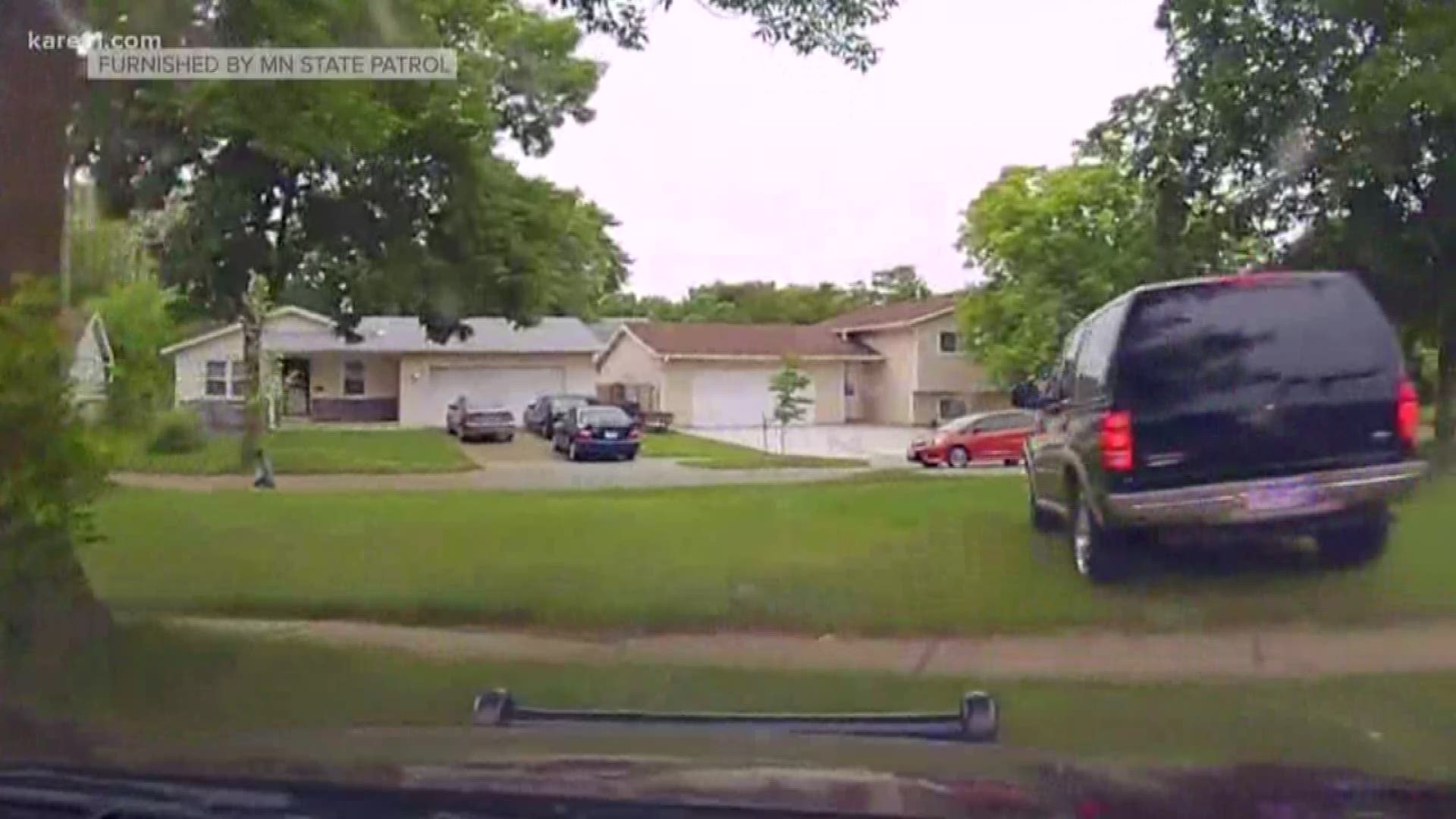MINNEAPOLIS — Police pursuits, especially the high-speed variety, often end in crashes that lead to soul searching over whether the risks were justified by the reason for the chase.
The Minneapolis Police Department's latest revisions to its pursuit policy lays down more specific guidelines about when chases should be initiated and when they should be called off once they've started.
In short, patrol officers are being asked not to start a chase unless they know the suspect has committed, or is on the verge of committing, a serious, violent felony. Some of the examples given in MPD's revised Vehicle Operation policy are: murder, attempted murder, kidnapping, arson, carjacking and terrorism.
Simply driving a stolen car would not, in and of itself, prompt a pursuit.
Officers would be permitted to pursue drivers who are posing a danger to other motorists by driving in a flagrantly reckless way.
The department made the changes quietly in June, about a month after an innocent third party was killed in a crash that began with a police chase.
"Officers will still have to use their judgment but what we've found is it's necessary to clear in the policy itself," Mayor Jacob Frey told KARE.
"I support Chief Arradondo’s policy, and it just makes sense. These high-speed chases should really be a last resort, and limited to violent crimes, cases where you need an officer to go after the individual."
The mayor said there are other ways for investigators to track down people who attract the patrol officer's attention over non-violent crimes.
Former Minneapolis police officer Mike Quinn said he welcomes the changes, because officers must think harder about whether the attempted stop is worth the risks involved.
"If what they’re doing would not be punishable by death, why would we put them into a pursuit where death is likely? Or highly likely in some cases, depending on the length of the pursuit and the area," Quinn remarked.
David Schultz, who is retired after 34 years at the Minnesota Highway Safety and Research Center in St. Cloud, said he's also encouraged by what he's hearing from Minneapolis.
"So many of these pursuits end in tragedy," Schultz said.
"Unless it’s a dramatic crime, don’t even turn your lights and sirens on in the first place. It's not worth killing somebody over."
Schultz has been a long-time advocate of the PIT maneuver that patrol officers can use to tap the suspect's vehicle into a spin-out to bring pursuits to an end. It's most often used on highways.
But Schultz and Quinn said the role of supervisors, available by radio or phone, is critical when it comes to deciding how long to chase a suspect and when to end the pursuit.
MORE NEWS: Teen charged in shooting near Allianz Field


